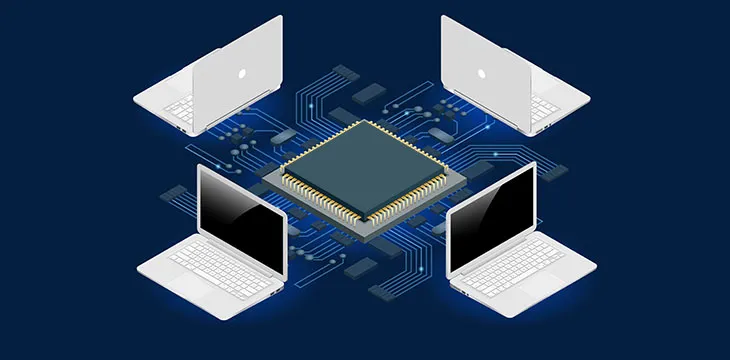|
Getting your Trinity Audio player ready...
|
Mathematics professor Gil Kalai explains why quantum computers are impossible.
No, quantum computers are not here. And by “not here,” I mean they are not usable to any degree that is better than classical computers. So why all the hype and FUD?
One: money. People working on the technology need funding, nothing wrong about that. And the strategic wording helps reel in attention, and rake in investor contributions.
Two: people love apocalyptic stories, which is why we have an entire genre of movies and TV shows dedicated to them (and post-apocalyptic ones, too). As far as apocalyptic theories go, the idea of quantum computers rendering all security measures we have today null and void has recently been incited as the one thing that would end blockchain technology as we know it.
But while media and online forums are quick to signal the alarm bells on this, those who actually hold expert knowledge in the field are pulling the brakes on the FUD train.
Gil Kalai, has just joined the anti-quantum computing FUD camp. Kalai is a mathematics professor at Hebrew University in Jerusalem who also serves as a visiting lecturer for mathematics and computer science in Yale. But his stance goes far beyond refuting quantum computers as a threat to Bitcoin or blockchain technology—he actually thinks quantum computers cannot work at all.
Quantum computers a “mirage”
In an interview with Quanta Magazine, Kalai pointed out that quantum computing has been hyped up for its supposed promises, but that the challenges to building them have been downplayed.
“At first, I was quite enthusiastic, like everybody else. But at a lecture in 2002 by Michel Devoret called “Quantum Computer: Miracle or Mirage,” I had a feeling that the skeptical direction was a little bit neglected. Unlike the title, the talk was very much the usual rhetoric about how wonderful quantum computing is. The side of the mirage was not well-presented,” Kalai said.
He goes on to explain that the errors and fluctuations or “noise” that can corrupt a quantum computer’s qubits are too difficult to reduce enough to “demonstrate quantum supremacy and quantum error correction.” As a result, he says, “noisy quantum computers” deliver primitive computational power anyway.
“I think that the effort required to obtain a low enough error level for any implementation of universal quantum circuits increases exponentially with the number of qubits, and thus, quantum computers are not possible,” Kalai said.
Here’s a video of Kalai’s explanation as to why he thinks quantum computers are impossible.
Way too slow in the race
While Kalai says he is “pretty certain, while a little nervous to be proven wrong,” the difficulties of building a quantum computer that actually outperforms the computers we have today imply that blockchain commentators need to tone down the Y2K bug-type of hysteria.
Last week, American Institute for Economic Research (AIER) Editorial Director Jeffrey A. Tucker addressed the same issue with particular focus on the blockchain threat. He cited a paper by Aggarwal, Brennen, Lee, Santha, & Tomamichel pointing out that the current rates at which ASICs process hashcash PoW (proof of work) fend off any possible advantages quantum computers may have. And by the time any substantial improvements to quantum computers are made, mining processors would have gained enough improvements to negate their speed advantages again.
Despite having substantially more credibility in the debate, experts arguing against the riled up quantum computing threat remain a minority. Perhaps owing greatly to the fact that majority of those expressing fears online do not have a background on computer science, mathematics, or physics. It seems somewhat similar to the fears people had about computers back in the 80’s—fears we now see as ridiculous to the point that they are comical in retrospect.
Everybody needs to chill
Overall, two major statements brush the whole issue off:
1. Quantum computers will take a very long time to materialize—that is, if they will actually become a reality at all.
2. If the world someday succeeds in taming quantum phenomena and produce a fully functioning quantum computer—that actually performs far better than classical computers, blockchain security and processing hardware would have been leaps ahead by then.
Right now, nobody knows for sure what specific form these threats will come in, and how to patch them up if quantum computers fully materialize. This is precisely because fully functioning quantum computers are far from reality that there is nothing to inspect at this point.
But whatever threats and vulnerabilities would be opened up—if and when fully functioning quantum computers do arrive—like Tucker says, are all a matter of problem solving.

 09-18-2025
09-18-2025 





